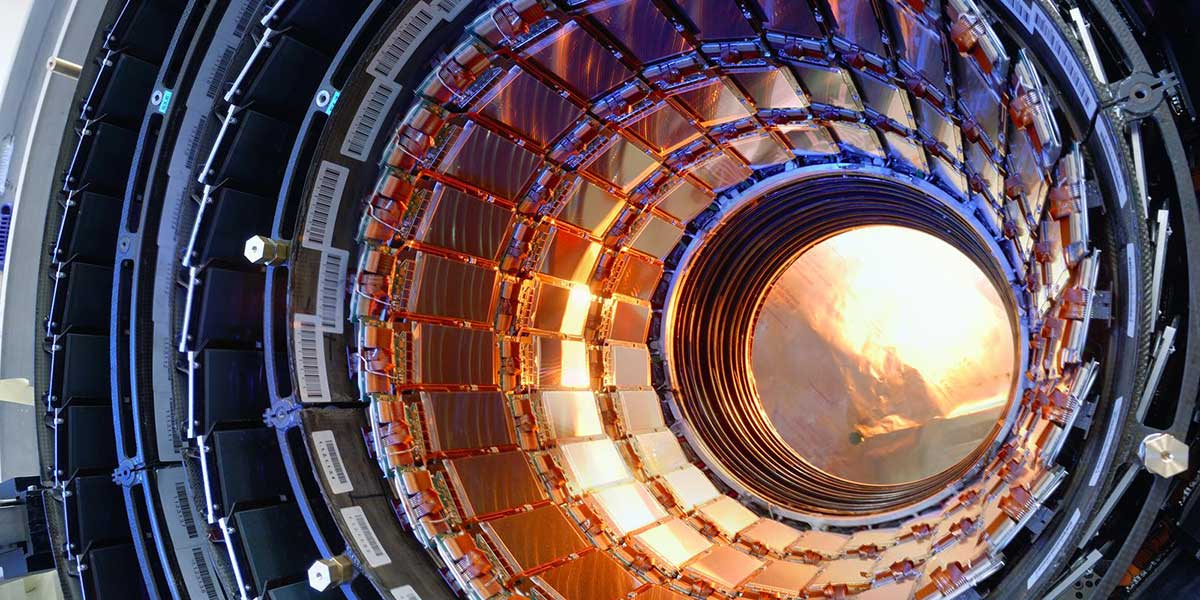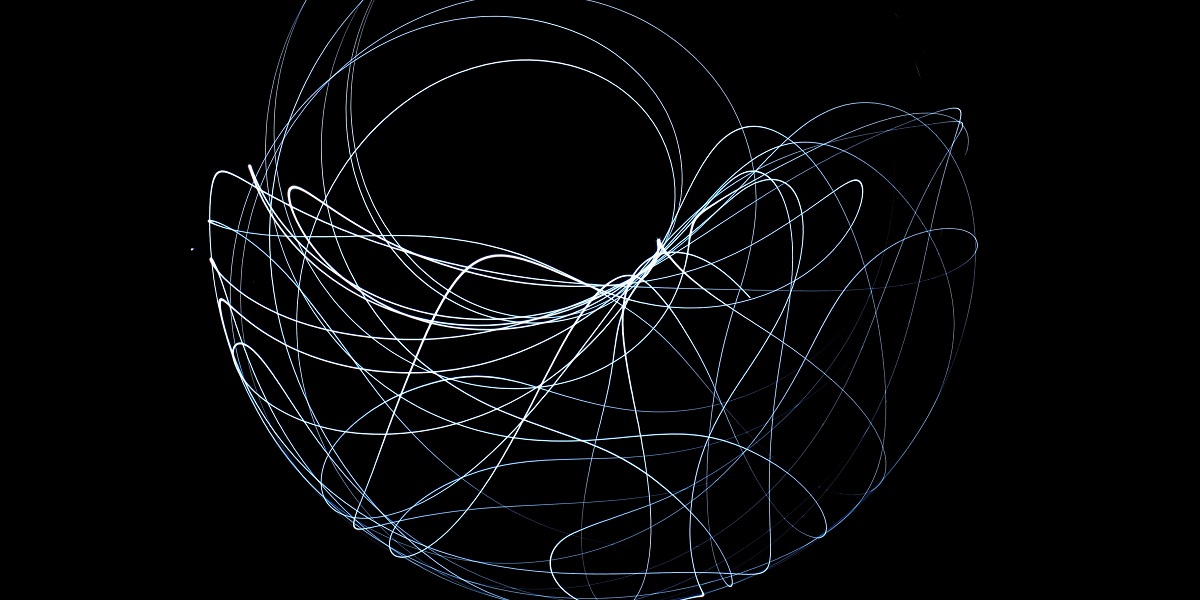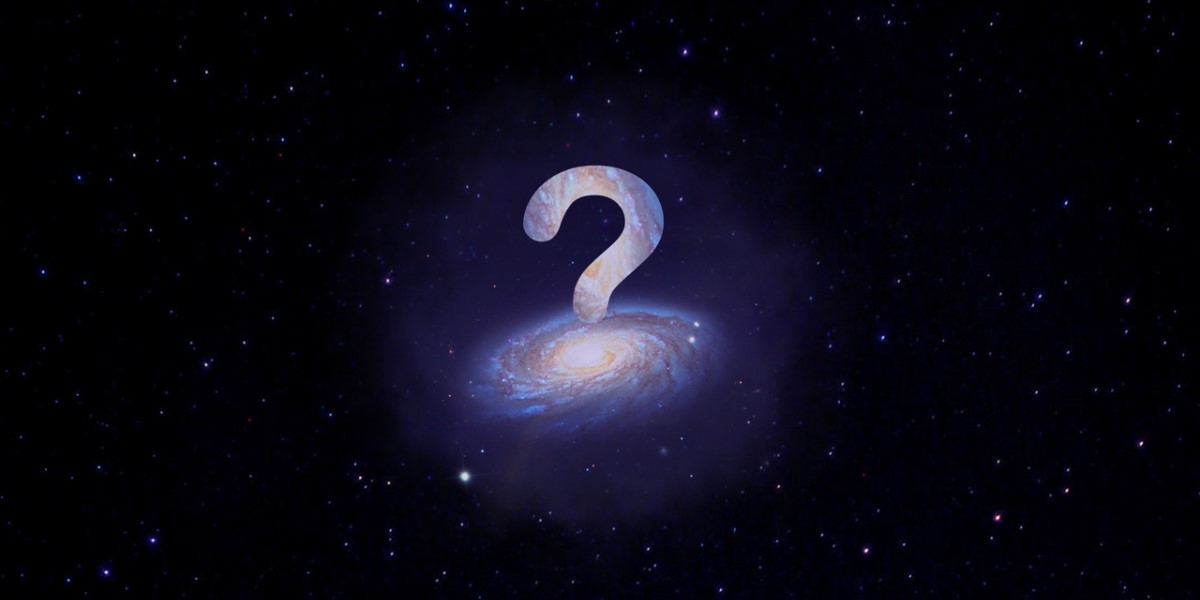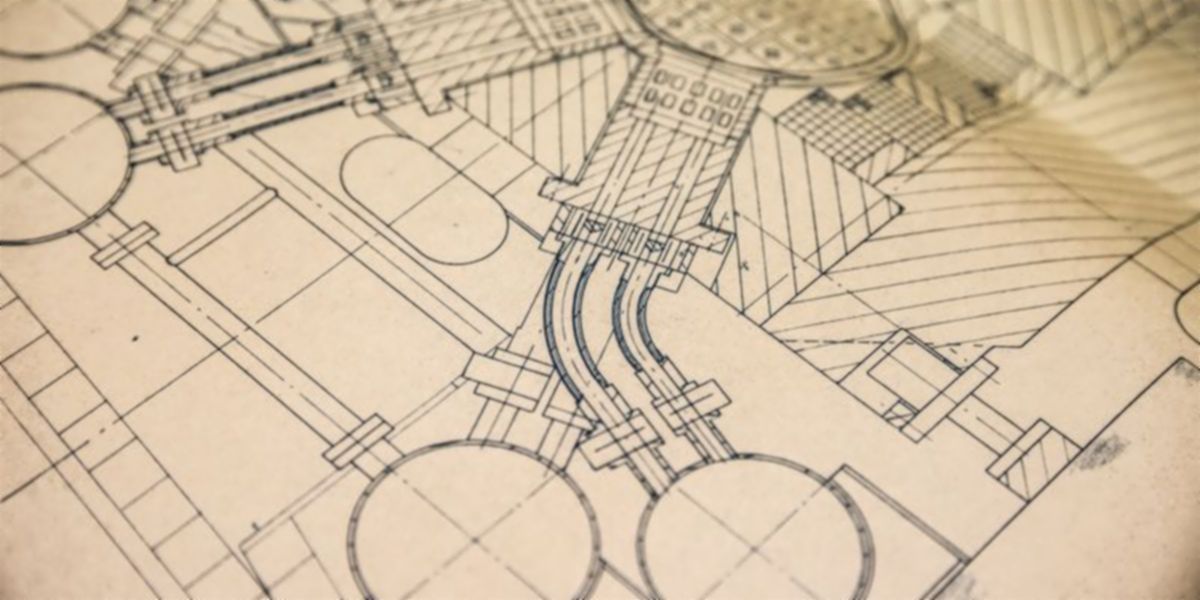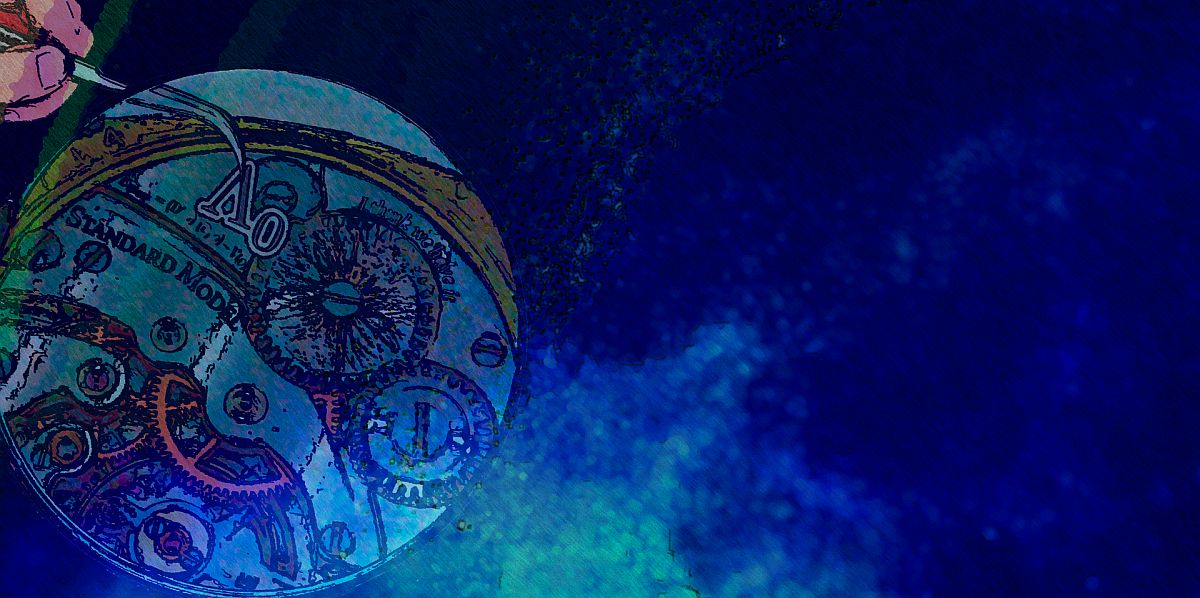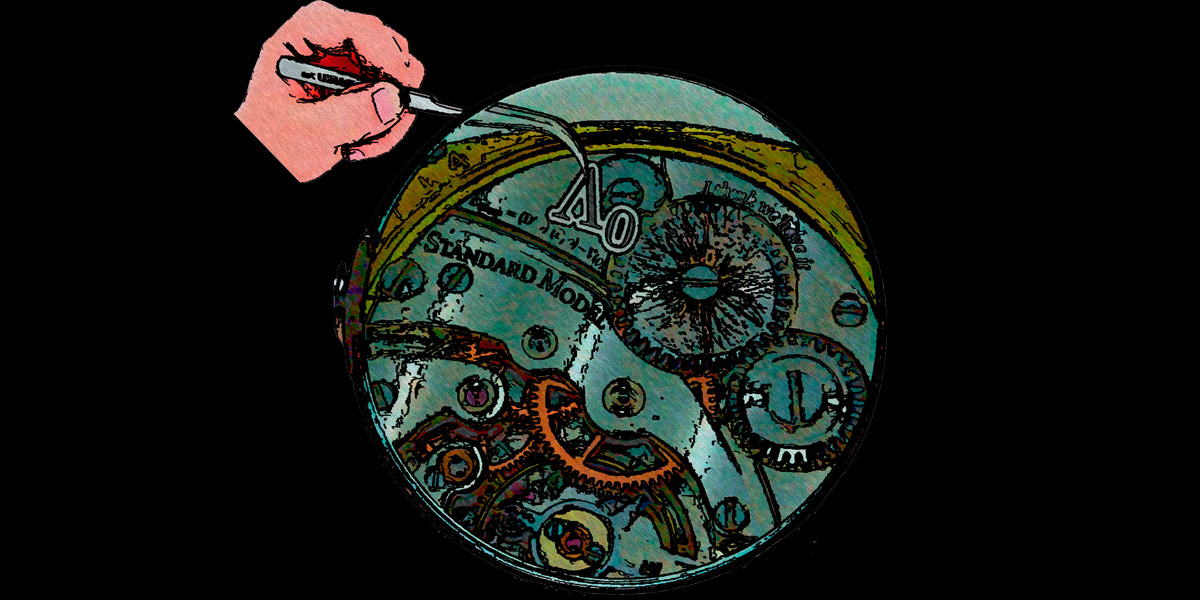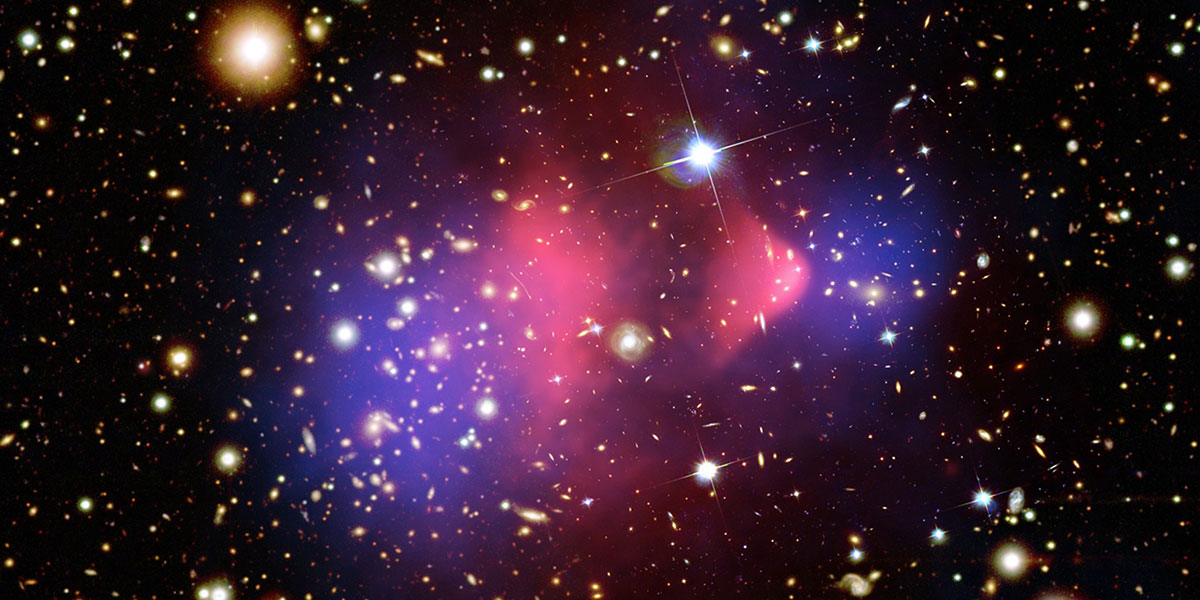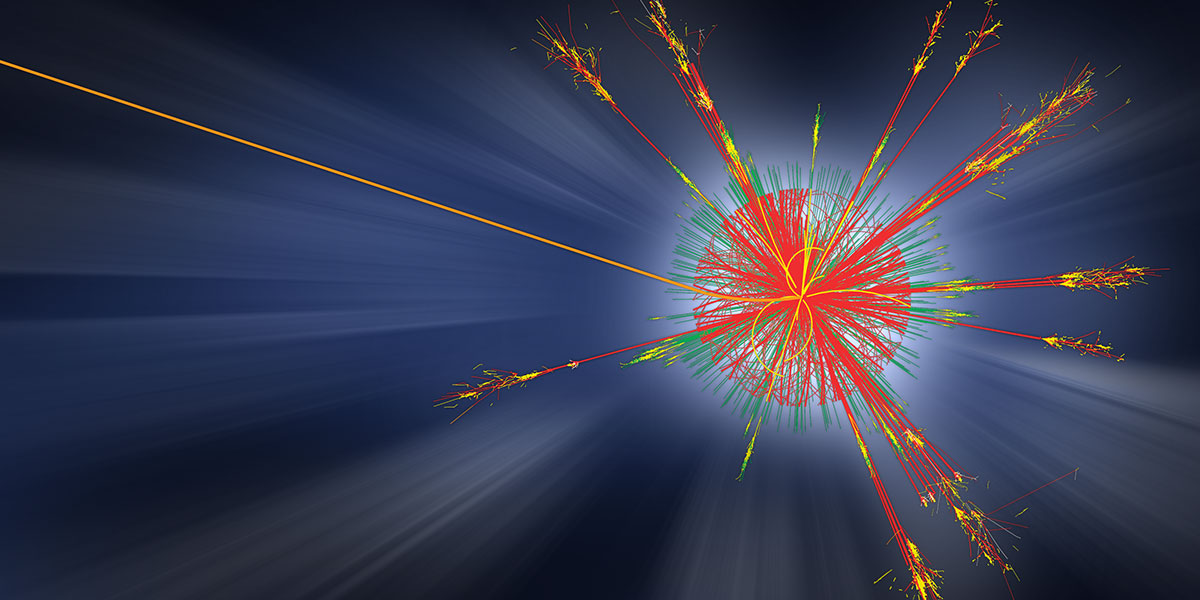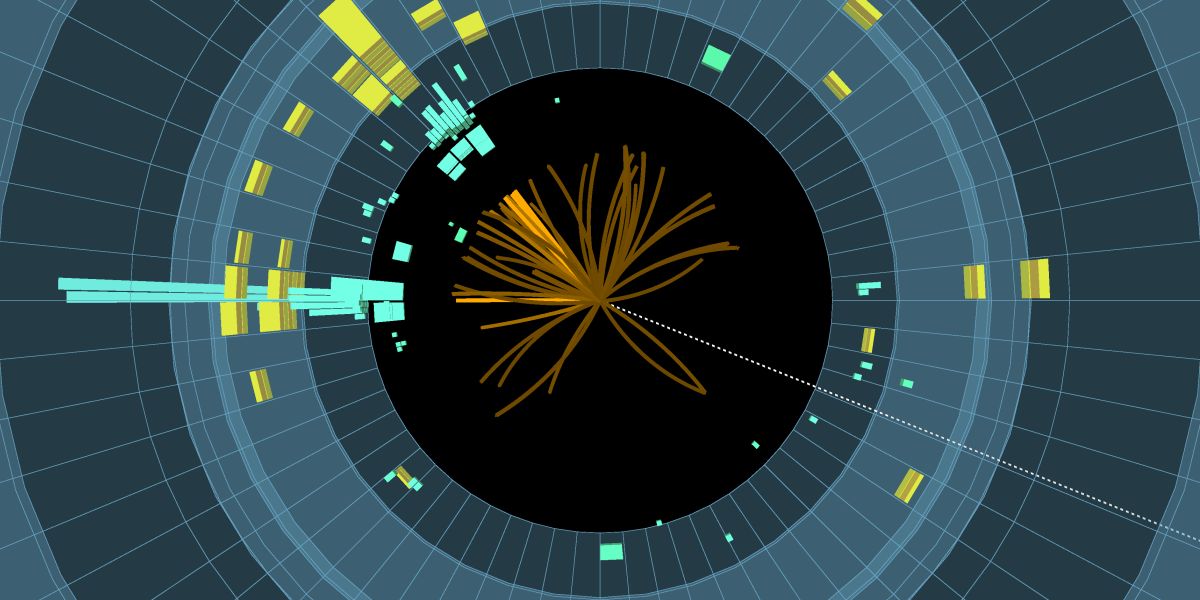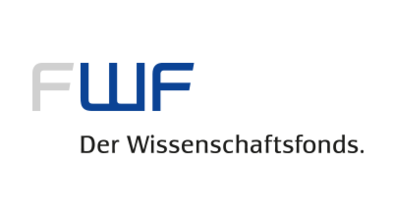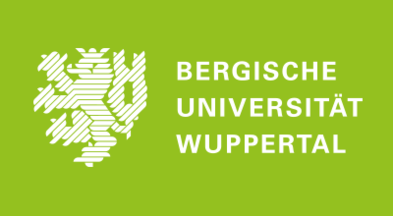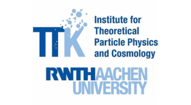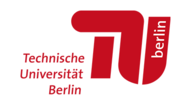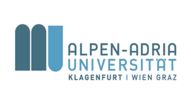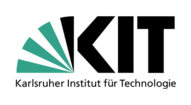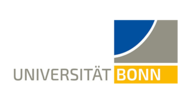ABOUT US
In 2016 the German Research Foundation (DFG) together with the Austrian Science Fund (FWF) set up the Research Unit “The Epistemology of the Large Hadron Collider” which was tasked with investigating the philosophical, historical and sociological implications of activities at the world’s largest research machine, the Large Hadron Collider (LHC), at the European Organization for Nuclear Research (CERN) in Geneva.
The Research Unit builds on today’s physicists’ expectations of a fundamental change in the theoretical foundations of physics. It asks about the deeper reasons behind these expectations and links them to the complex conditions of physical research, in order to inquire whether these expectations are substantiated. It regards the complexity of these conditions as a challenge for the quest towards ever more encompassing and simpler descriptions of nature. The Research Unit studies these new epistemic conditions, using as its principal case study the LHC at CERN.
The Research Unit builds on a very close and successful interaction and cooperation of philosophers of science, sociologists of science, historians of science, and physicists over the course of several years which resulted in three previous projects. The Research Unit continues, but also significantly restarts, this interdisciplinary cooperation. While it still focuses on questions in the philosophy of physics and science, it also includes the historical development of physical knowledge and its embedding in social contexts. Integrating the perspectives of these different disciplines within a single Research Unit opens novel pathways for understanding the production of scientific knowledge and its structure in particle physics.
Alongside work at the individual project level and at the level of the collaborative Research Unit as such, two scientific events are planned for the next three-year period: an international conference and an international summer school on particle physics and philosophy.
THE STRUCTURE
The projects fall into two clusters
Thematic cluster A investigates concepts and methods shared by all extensions of the Standard Model, as well as different ways in which this model landscape can be partitioned according to different aims and principles.
Thematic cluster B focuses on the complexity of the conditions under which knowledge is produced at the LHC. In particular, it will turn to the use and role of computer simulation for the conduct of experiment, on theoretical model building, and on the social organisation of collaborations.
Each of the six projects is directed jointly by a physicist on the one hand, a philosopher, historian or sociologist on the other.
MEET THE TEAM
The work of the Research Unit “The Epistemology of the Large Hadron Collider” was launched with a kick-off workshop in December 2016 at the University of Wuppertal which is also the formal center of the Research Unit and where a junior professorship for philosophy of physics has been established at the Interdisciplinary Centre for Science and Technology Studies (IZWT).
The members of the Research Unit are based at the University of Wuppertal, the RWTH Aachen, the University of Bonn, the Technical University Berlin, the University of South Carolina, the Karlsruhe Institute of Technology, the California Institute of Technology and the University of Klagenfurt in Vienna.


